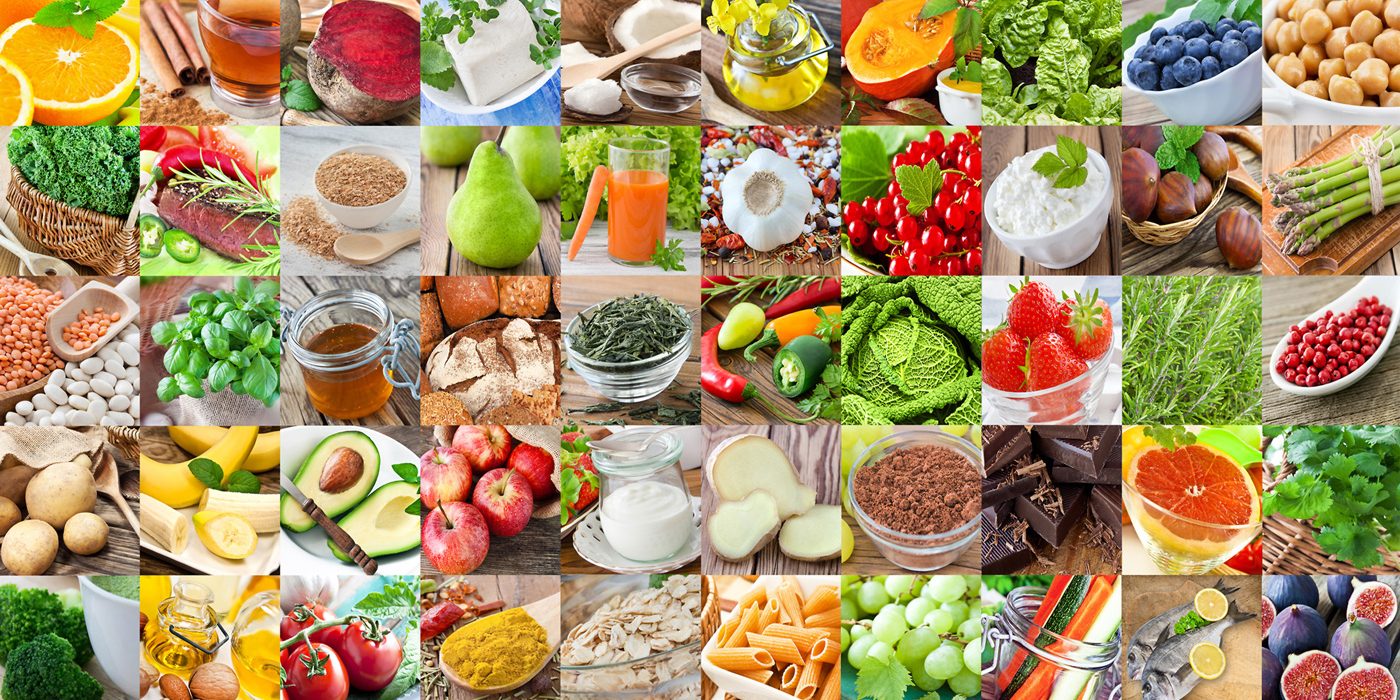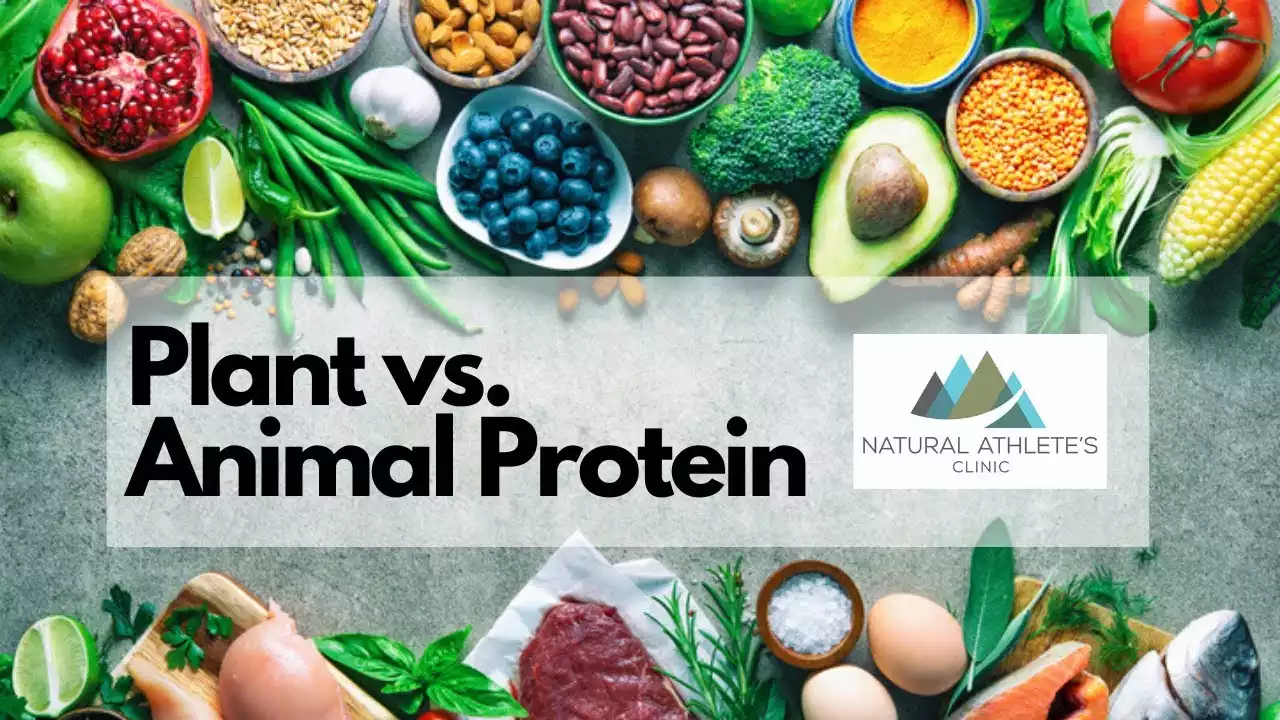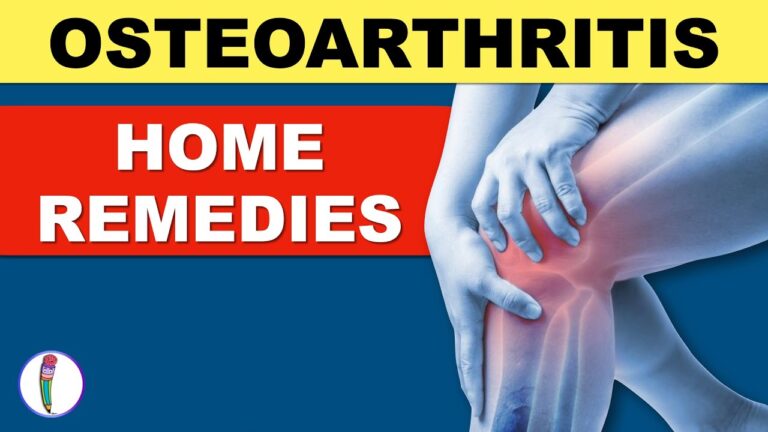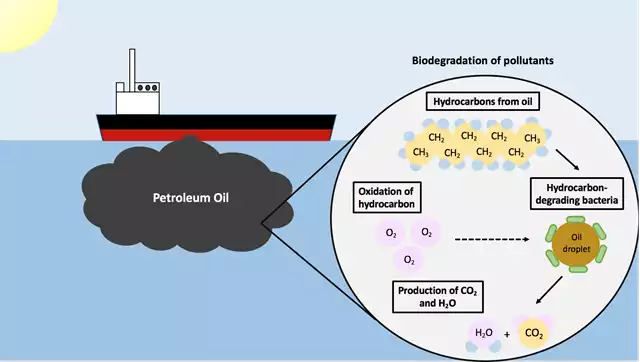Animal vs Plant Protein What’s the Difference?
Table of contents
- Human Body Makeup
- The Amino Acid Profile Varies Between Plant and Animal Proteins
- Animal Proteins Are Complete, But Plant Proteins Are Not
- Some Nutrients Are More Abundant in Animal Protein Sources
- Certain Types of Meat May Cause Disease
- Diets High in Plant Protein are Linked to Many Benefits
- Animal Protein Also Has Health Benefits
- Take Home Message
Human Body Makeup
About 20% of the human body is consists of protein.
Because your body doesn’t store protein, it’s important to get enough from your diet each day.https://www.articlecity.com/wp-content/uploads/2019/09/healthiest-foods-1400×700.jpg

You can get protein from many food sources, including plants and animals.
Some people claim that the source of the protein, whether animal or plant, shouldn’t matter.
Others suggest that plant protein is superior to animal protein.
This article compares animal and plant proteins.
There are two kinds of protein, complete and incomplete, which come from either plant or animal sources. Protein supplements, no matter what kind they might be, are derived from either plant or animal sources as well. Which is better between animal or plant based protein depends on a number of factors. There are those who choose not to eat meat or animal products for moral, ethical and religious reasons. There are those who find themselves unable to afford many forms of animal protein a majority of the time. Then there are those that just love the taste of a good juicy steak served up with a good cold beer. For our purposes, the comparisons of proteins will be based on these factors:
What is a Protein?The human diet is composed of three macronutrients and many micronutrients. Unlike carbohydrates and fats, the body does not easily store proteins, so there is a daily need for it. This should not be mistaken for a free license to eat unlimited proteins, because your body can, will and does store extra protein calories as fat, but it just does so with more difficulty. Proteins are vital for every cell in the body and play a role in a number of major functions. Half of the protein that we get from our diet is used to make enzymes, which go on to digest food, make new cells and to make neurotransmitters, which in turn send nerve messages around the body.
Protein plays a major role in the creation of RNA and DNA, the building blocks of life and the carriers or our genetic materials. Proteins are used to create the contractile muscle tissue, the connective tissue and cell membranes, and contribute to the formation of the bone matrix and helps to maintain the fluid balance. It regulates the pH balance of the blood, works toward the formation of the hormones and enzymes that play roles in digestion and assists with the regulation of sleep and ovulation. It also contributes to the immune function of the body because antibodies are proteins. (Source: Nelson 2009)
Complete versus Incomplete Proteins are broken down into amino acids during the digestive process, absorbed and then used to make new amino acids. The body cannot make eight of these amino acids, which are referred to as the essential amino acids. These are leucine, isoleucine, valine, threonine, methionine, phenylalanine, tryptophan and lysine. In children, an additional amino acid, histidine, is added to the list, but most adults can create it for themselves. (Source: The Vegetarian Society)
All animal proteins are considered to be complete proteins because they contain all eight essential amino acids. Plant derived proteins, on the other hand, are considered to be incomplete because they lack one or more of the essential amino acids. For instance, grains, nuts and seeds are low in isoleucine and lysine. Legumes, on the other hand, are low in the amino acids tryptophan and methionine. (Source: Best)
Many people assume that because plant proteins, with the exception of soy and soy products, are incomplete that animal proteins are better. However, with a varied vegetarian or vegan diet, there are more than enough sources of protein to get all of the nutrition and the right amount of protein every day. In addition, whey protein is the best natural source of branched chain amino acids, the only amino acid to be metabolized straight to muscle tissue and which is used first during exercise and resistance training. (Source: Whey Protein Institute)
The bottom line: in this arena, the edge goes to animal based protein with all eight essential amino acids. The honorable mention goes to soy based protein, which is also a complete protein, and whey protein, which is also complete as well as the highest natural food source of BCAA.
Nutritional Value
Animal proteins are complete proteins and in addition give a number of vital micronutrients per serving. However, there are also other things that you get from most animal proteins: saturated fat and cholesterol. There are better choices and substitutions that can be made, but it is still clear that in terms of fat, calories and cholesterol, the plant based proteins are the clear winner. If you are a devoted meat eater, there are ways to minimize the damage that they can cause, including limiting red meat to only a small serving every ten days or less and opting for healthier cooking methods when choosing foods. Good animal protein sources include roasted, skinless turkey breast, salmon and other fish (which are also good sources of omega-3 fatty acids), eggs and low fat milk and cheeses.
Plant proteins, while not complete, tend to have lower calorie counts and little to no saturated fat for the most part. However, there are a number of plant based proteins that do have higher calories counts than others, including nuts and rice. Opting for brown rice boosts the fiber content and makes it a healthier choice than white rice.
Both animal and plant based proteins can have their place in a well-balanced and nutritional diet, however, it is important to watch serving or portion size as well as calorie count to avoid overeating and getting too much of even the most important nutrients.
Cost versus Value
For many people, the cost of meat may keep them eating less animal based protein than they would opt for on their own. Meat is expensive, especially some cuts of beef. Turkey, and to a lesser degree, chicken are better sources of protein and tend to be cheaper. Buy what you can afford and learn ways to stretch the meal a little further. Remember, the need for protein is important but the amount that you need to eat each day is not huge.
Beans, one of the cheapest sources of protein, can be bought in bulk and stored in the freezer until they are needed. There is literally no limit to the ways that beans can be used – even in your baking in place of oil or other fats. You can choose from beans of every size and color and never have to make the same recipe the same way twice.
Availability
There are so many types s of proteins that you can literally find them everywhere that you look. Both animal and plant based proteins are widely available, including soy and soy products. In addition, protein supplements are often found in the stores right alongside other products or online for easy shopping. Protein supplements include liquid protein shots, shakes, puddings, powders and bars. When looking for a good supplement, make sure that it has high quality protein and does not have a lot of added sugar or other unnecessary ingredients. Some of the protein bars have very little protein but pack enough sugar and calories to qualify as a candy bar. Profect, a liquid protein supplement shot from Protica, has only 100 calories, no carbs and no fats, but supplies a full 25 grams of protein per serving.
The Amino Acid Profile Varies Between Plant and Animal Proteins
When eaten, protein is broken down into amino acids.
Proteins and amino acids are used for almost every metabolic process in the body.
However, different proteins can vary greatly in the types of amino acids they contain.
While animal proteins tend to contain a good balance of all the amino acids that we need, some plant proteins are low in certain amino acids.
For example, some key plant proteins are often low in methionine, tryptophan, lycine and isoleucine.
Bottom Line:
All proteins are made up of amino acids, although the amount and type of each amino acid varies based on the protein source.

Animal Proteins Are Complete, But Plant Proteins Are Not
In total, there are around 20 amino acids that the human body uses to build proteins.
These amino acids are classified as either essential or non-essential.
Your body can produce non-essential amino acids. However, it cannot produce essential amino acids, which need to be obtained through your diet.
For optimal health, your body needs all the essential amino acids in the right ratios.
Animal protein sources, such as meat, fish, poultry, eggs and dairy, are similar to the protein found in your body.
These are considered to be complete sources of protein because they contain all of the essential amino acids that your body needs to function effectively.
On the contrary, plant protein sources, such as beans, lentils and nuts are considered to be incomplete, as they lack one or more of the essential amino acids that your body needs (1).
Some sources report soy protein as complete. However, two essential amino acids are only found in small amounts in soy, so it isn’t comparable to animal protein (2).
Bottom Line:
Animal foods are the highest quality protein sources. Plant sources lack one or more amino acids, which makes it more difficult to get all the amino acids that your body needs.

Some Nutrients Are More Abundant in Animal Protein Sources
Of course, proteins are rarely found in isolation. They usually come with a wide variety of other nutrients.
Foods that contain animal protein tend to be high in several nutrients that are often lacking in plant foods.
These include:
- Vitamin B12: Vitamin B12 is mainly found in fish, meat, poultry and dairy products. Many people who avoid animal foods are deficient (3).
- Vitamin D: Vitamin D is found in oily fish, eggs and dairy. Some plants contain it, but the type found in animal foods is better used by your body (4).
- DHA: Docosahexaenoic acid (DHA) is an essential omega-3 fat found in fatty fish. It’s important for brain health and is hard to get from plant sources
(5). - Heme-iron: Heme-iron is predominantly found in meat, especially red meat. It is much better absorbed in the body than non-heme iron from plant foods.
- Zinc: Zinc is mainly found in animal protein sources, such as beef, pork and lamb. It is also more easily absorbed and used from animal protein sources (6).
Of course, there are also plenty of nutrients found in plants that are lacking in animal foods. Therefore, eating balanced amounts of both is the best way to get all the nutrients you need.
Bottom Line:
Animal protein sources are higher in certain nutrients, such as vitamin B12, vitamin D, the omega-3 fatty acid DHA, heme-iron and zinc.
Certain Types of Meat May Cause Disease
Red meat Nutrition is the main source of Protein for most households .
Several observational studies have linked red meat consumption to an increased risk of heart disease, stroke and early death (7,8,9).
However, further research has suggested that the problem is not with all red meat, but rather with processed red meat.
In a large observational study including 448,568 individuals, processed meat was linked to an increased risk of death, with no effect for unprocessed red meat (10).
Another study involving over 34,000 women made similar observations. In this case, processed meat was associated with heart failure (11).
Also, a large review digestive diseases have been directly linked to meat consumption. Excess protein is also strongly correlated to the prevalence of osteoporosis; overly protein rich foods, including dairy, are acidic and call upon the bodies stores of alkalises mineralof 20 studies found that processed meat was associated with an increased risk of heart disease and diabetes. Again, no association was found for unprocessed red meat (12).
Additional studies have confirmed that unprocessed red meat consumption is not linked to heart disease (13,14).
Despite this, one study found that replacing 1 serving per day of red meat with 1 serving of poultry was associated with a 27% lower risk of stroke (7).
Furthermore, the health risks associated with processed red meat are not linked to fish and other meats, such as turkey and chicken.
The World Health Organisation estimates that we need 10-15% of our total calories from protein. It doesn’t sound like a lot does it?ottom Line:
Processed red meat is associated with an increased risk of disease. Unprocessed red meat and other lean meats are generally healthy.
Diets High in Plant Protein are Linked to Many Benefits
Diets high in plant protein, such as the vegetarian diet, are linked with many health benefits.
Studies suggest vegetarians tend to have a lower body weight, lower cholesterol and lower blood pressure levels.
They also have a lower risk of stroke, cancer and death from heart disease than non-vegetarians (15).
Lower Risk of Heart Disease
A study found that a diet rich in protein (about half from plants) lowered blood pressure, cholesterol levels and the risk of heart disease more than a standard diet or a healthy high-carb diet (16).
The EcoAtkins trial found that a low-carb, high-plant protein diet helped lower cholesterol and blood pressure more than a high-carb, low-fat diet (17).
Reduced Risk of Type 2 Diabetes
One small study of people with type 2 diabetes found that replacing 2 servings of red meat with legumes 3 days per week improved cholesterol and blood sugar (18).
However, another small 6-week study of diabetics compared a diet high in plant protein with a diet high in animal protein. No differences were found in blood sugar, cholesterol and blood pressure (19).
Protection Against Weight Gain
Diets high in plant protein may also help you control your weight.
An observational study following 120,000 men and women over 20 years found that eating more nuts was linked to weight loss (20).
Also, eating one serving of beans, chickpeas, lentils or peas per day can increase fullness and may lead to better weight management and weight loss (21).
Correlation Does Not Imply Causation
It’s important to remember that observational studies only report statistical associations. They cannot prove that these benefits were caused by eliminating meat or other animal protein sources.
One thing to consider is that people on vegetarian diets tend to be more health-conscious than the general population (22).
Therefore, the health benefits of vegetarian diets are likely due to overall healthier diets and lifestyles, rather than any inherent difference between plant and animal proteins (23,24,25).
Bottom Line:
A diet high in plant protein is linked to a lower risk of heart disease, diabetes and obesity. This may be explained by an overall healthier lifestyle in vegetarians.
Animal Protein Also Has Health Benefits
Animal protein is also associated with positive health effects, despite often being portrayed as unhealthy compared to plant protein (26).
The Nurses’ Health study reported that poultry, fish and low-fat dairy were associated with a lower risk of heart disease (27).
People who eat fish regularly are also likely to have a lower risk of heart attacks, strokes and death from heart disease (28).
One study of more than 40,000 males found that those who regularly ate one or more servings of fish per week had a 15% lower risk of heart disease (29).
Additionally, eating eggs has been linked to improved cholesterol levels and weight loss. In one study, women who ate eggs for breakfast, rather than a bagel, reported feeling fuller and ate less later in the day (30,31,32).
Last but not least, eating animal protein is linked with increased lean muscle mass and a reduction in the muscle loss that occurs with age (33, 34,35,36).
Bottom Line:
Certain animal protein sources are linked to a reduced risk of heart disease, improved cholesterol levels, weight loss and increased muscle mass.
Take Home Message
For optimal health, the evidence supports a diet that is low in processed meat, rich in plant protein, with some animal sources such as grass-fed meat, fish, poultry, eggs and dairy (37).
As plant protein food sources often have lower quality proteins, vegetarians and vegans should eat a wide variety of foods to ensure that they are getting all the amino acids that they need.
For meat eaters, it’s important to get the right balance of both animal and plant foods.













